Out-of-School Settings Safeguarding: Call for evidence
Overview
The Department for Education is calling for evidence to help shape future safeguarding policy for the Out-of-School Settings (OOSS) sector. This diverse sector includes providers such as tuition centres, sports and arts clubs, youth groups (e.g. Scouts and Brownies), holiday camps/activity centres, and faith-based education settings. Approximately 1 in 10 adults (or around 4.5 million adults in England) work or volunteer in OOSS, and up to 80% of children regularly attend at least one activity.
Why your views matter
It seeks your input on:
- Existing safeguarding practices in OOSS
- Potential options to strengthen safeguarding across the sector
To support future policy development, this call for evidence also seeks insights into:
- How parents, carers, and organisations currently assure themselves
- Challenges to providing consistent safeguarding practices
- Further support or action needed to improve safety in OOSS
Your input will help inform reforms to improve safeguarding in OOSS, help ensure that children attend safe and trusted settings, and give parents and carers confidence that they are choosing safe settings for their children.
We’ve extended the call for evidence until 21 September 2025, to give even more people time to share their views.
Audiences
- 16-18 year old students resident at these institutions
- Academies (including free schools), voluntary aided schools, voluntary controlled schools, foundation schools and community schools
- Adoptive parents
- Adult and mental health practitioners
- Adult education providers
- All
- Awarding organisations
- Bodies representing schools and local authorities
- CAMHS
- Clinical commissioning groups
- Community representatives
- Companies and organisations working in the digital industry
- Contractors involved in building schools
- Designated institutions and 16-19 academies
- Designated safeguarding leads
- Directors of children's services
- Early learning and childcare providers
- Educational Psychologists
- Employers
- Faith bodies
- Film Industry representatives
- Fire sector
- Foster carers
- Further education colleges
- Further Education leaders and workforce
- Governing bodies and academy trusts
- Government bodies and departments
- Governors
- Headteachers
- Health visitors
- Higher Education governing bodies
- Higher Education leaders and workforce
- Higher Education students and prospective students
- Independent specialist colleges
- Local authorities
- Organisations which represent the views of computing teachers
- Organisations with an interest in the content of the computer science GCSE
- Parents
- Principle social workers
- Pupils
- School business managers
- School nurses
- School support staff
- Secondary teachers of computer science and subject leaders
- SENCOs
- Service managers
- Sixth form colleges
- Social workers
- Social workers
- Students
- Teachers
- Team managers
- Those evaluating programmes for children in need
- Those involved in underlying theoretical research on abuse and neglect, child development etc
- Those researching children’s social care or education systems, with links to educational outcomes of Children in Need
- Training providers
- Unions and representative organisations
- Universities
- Virtual school heads
- Volunteers
- Young people
Interests
- Keeping children safe in education and other settings

Share
Share on Twitter Share on Facebook